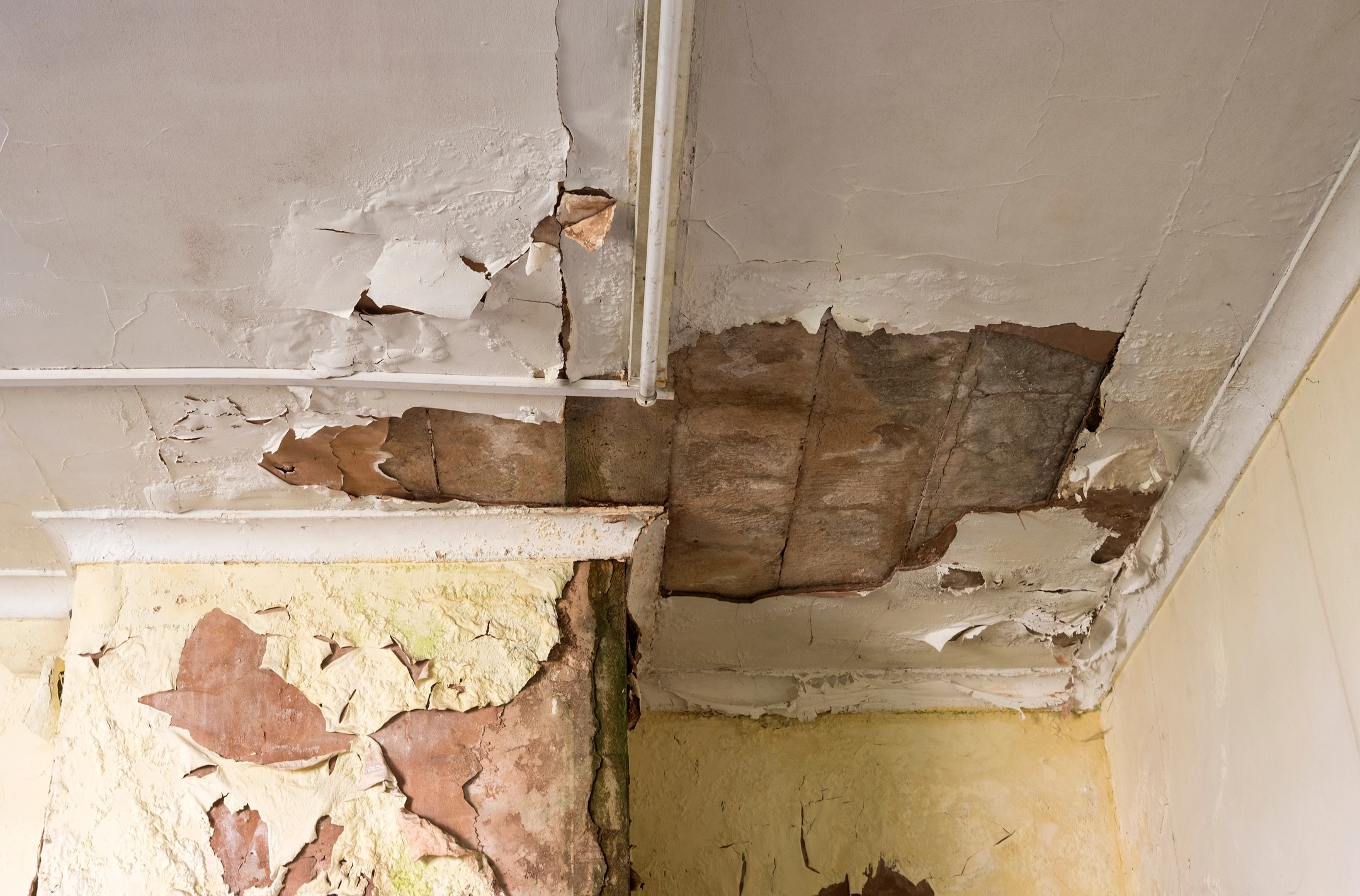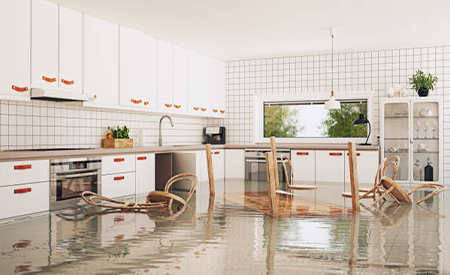The Process of Water Damage Cleanup: Ensuring Your Home Is Restored Effectively
Water damage can be a daunting challenge for homeowners, requiring a precise and structured cleaning process to recover security and capability. At first, a comprehensive evaluation is crucial to recognize the degree of the damages and identify the proper remediation procedures. Following this, effective water extraction strategies play a crucial duty in reducing more injury. Nevertheless, the subtleties of drying out, sanitizing, and eventual repair are just as essential and typically ignored. Comprehending these stages can make a considerable distinction in the end result of your home's reconstruction, motivating a closer consider what each action requires.
Assessing the Damages
Upon uncovering water damages, the very first step is to completely evaluate the degree of the impact. This initial evaluation is crucial, as it aids establish the essential steps for reliable clean-up and restoration. Begin by checking the impacted areas, including wall surfaces, ceilings, floors, and personal possessions, to identify the source of the water breach, whether from flooding, leakages, or condensation.
Documenting the damages is vital for both insurance policy claims and intending repair efforts - damage restoration services. Usage photos and written notes to catch the seriousness of the damages, noting any kind of afflicted architectural aspects and products. Pay special focus to areas that might not be promptly visible, such as behind wall surfaces and under carpets, as concealed moisture can cause further issues, including mold development
In addition, assess the timeline of the water exposure. Ultimately, a thorough analysis lays the foundation for an effective water damages cleaning procedure, guaranteeing that all impacted locations are resolved effectively and completely.
Water Extraction Techniques

Experts normally use completely submersible pumps for bigger quantities of water, which can swiftly ease flooding in cellars or various other impacted areas. For smaller quantities, wet/dry vacuum cleaners are often used to remove recurring dampness from rugs and tough surface areas. In addition, making use of portable extractors permits targeted elimination in constrained spaces or locations with delicate materials.
In instances of infected water, such as sewer or floodwater, advanced extraction methods might involve the use of biohazard equipment to guarantee safety and conformity with health and wellness regulations. High-powered removal tools are vital in minimizing water retention in structural materials, which can result in mold development and structural wear and tear if not dealt with quickly.
Eventually, the performance of water extraction strategies plays a crucial role in the overall success of the water damage cleaning process, laying the groundwork for subsequent repair efforts.
Drying and Dehumidification
When standing water has been successfully extracted, the following important phase in the water damage clean-up process is drying and dehumidification. This step is important to prevent further damage and mold development, which can take place within 24 to two days in damp atmospheres.
To achieve reliable drying out, specialized tools such as industrial-grade air moving companies and dehumidifiers is utilized. Air movers circulate air across wet surface areas, enhancing evaporation rates, while dehumidifiers webpage decrease moisture degrees airborne, advertising a conducive setting for drying. The combination of these tools guarantees that dampness is extracted from furnishings, walls, and floors, allowing them to completely dry thoroughly.
It is necessary to check the drying out process carefully. Professionals typically use moisture meters to assess the wetness web content in different products, making certain that all influenced locations get to acceptable dry skin degrees. This careful strategy helps to stop have a peek at this website hidden moisture pockets that can result in structural damages or undesirable mold development.

Cleansing and Sterilizing
After the drying out and dehumidification phase is complete, the next important action in water damage cleanup is cleansing and disinfecting the impacted areas. This procedure is essential to avoid the growth of mold, microorganisms, and other pathogens that prosper in wet atmospheres.
The cleansing stage typically includes removing any particles, dirt, and pollutants from surfaces utilizing specialized cleaning up agents. For hard surface areas, a combination of soap and water or business cleaning products is frequently employed. Soft products, such as upholstery and carpets, might need extra considerable cleansing approaches, consisting of heavy steam cleaning or deep extraction strategies, to make certain thorough hygiene.

Sterilizing follows cleaning, making use of EPA-approved anti-bacterials to get rid of damaging microbes. This step is vital, especially in areas that may have entered into contact with floodwaters or sewer, as these sources can present major wellness risks.
Additionally, it is very important to attend to any kind of continuing to be smells, which may call for making use of smell neutralizers or advanced strategies like ozone therapy. Appropriate cleansing and sterilizing not only restore the safety and security and hygiene of your home yet likewise lay the groundwork for successful remediation and repair work in succeeding phases of the water damages clean-up procedure.
Remediation and Fixings

When the assessment is full, repair initiatives can begin. In addition, floor covering might need comparable attention, depending on the level of water direct exposure.
It is critical to engage skilled remediation professionals during this process, as they possess the knowledge to deal with intricate repair services efficiently. They can aid reduce possible future concerns, such as mold development or structural instability, thus making certain a safe and habitable living atmosphere. Eventually, efficient restoration and repair work recover the home's integrity and enhance its total value.
Final Thought
Finally, the procedure of water damage cleanup is vital for recovering a home to its pre-damage condition. Each phase, from analyzing the damages to executing effective water removal strategies, adhered to by complete drying, sanitizing, and required repair services, plays an important role in making certain safety and security and conformity with building requirements. Reliable implementation of these steps not only minimizes immediate damages yet additionally improves the lasting stability and worth of the residential or commercial property.
Water damages can be a challenging difficulty for house owners, demanding a careful and structured clean-up procedure to bring back safety and security and functionality. Inevitably, a detailed assessment lays the groundwork for a successful water damages cleaning procedure, making certain that all influenced areas are resolved efficiently and extensively.
Effective water extraction strategies are crucial in alleviating damages and stopping more issues adhering to a water breach event.In conclusion, the process of water damage cleanup is important for restoring a home to its pre-damage problem. Each phase, from analyzing the damage to executing reliable water extraction methods, followed by extensive drying out, sanitizing, and needed repair work, plays an essential duty in making sure safety and security and conformity with structure requirements.